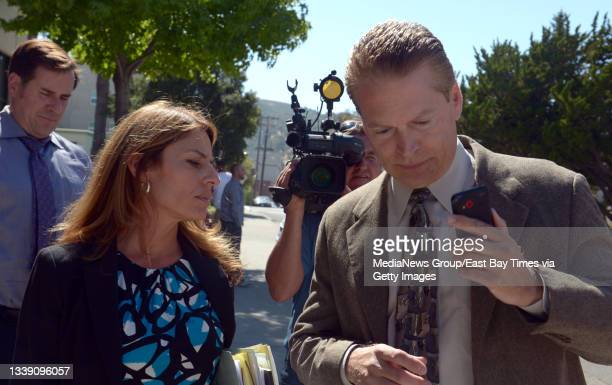Showing posts with label Walnut Creek Police. Show all posts
Showing posts with label Walnut Creek Police. Show all posts
Walnut Creek Real Estate Investor Indicted for Fraud
Walnut Creek Real Estate Investor Indicted for FraudU.S. Attorney’s OfficeMarch 28, 2014Northern District of California(415) 436-7200OAKLAND—A federal grand jury in Oakland yesterday returned a two-count indictment charging Benny Chetcuti, Jr. with wire fraud, stemming from Chetcuti’s Walnut Creek, California-based real estate investment business,...
KAHN v. CHETCUTI and the Contra Costa Narcotics Taskforce
Pete BennettOctober 28, 2021Department of Justice, fraud, Real Estate, Real Estate Fraud, The Benny Chetcuti Jr. Story, the CNET Scandal, The Story Series, Walnut Creek Police
No comments

KAHN v. CHETCUTIResetAAFont size:PrintCourt of Appeal, First District, Division 5, California.Philip KAHN et al., Plaintiffs and Respondents, v. Benny CHETCUTI, Jr., Defendant and Appellant.No. A096670.Decided: August 12, 2002 Robert A. Nebrig,Carr, McClellan, Ingersoll, Thompson & Horn, Burlingame, for plaintiffs and respondents. Gerald W. Filice,...
Walnut Creek Chief Joel Bryden
Pete BennettOctober 27, 2021City of Walnut Creek, Dead Witness, Explosions, Kidnapping, Walnut Creek Police
No comments

The Funeral of Nathaniel Greenan and the murder of Alicia Driscoll and daughter
Pete BennettAugust 27, 2020Attorneys, contra Costa Bar Association, Dead, Dead Witness, Explosions, Oracle Corporation, Walnut Creek Police
No comments

Nancy Templeton City of Walnut Creek Code Enforcement (Homeless Harassment Specialist)
Homeless patrol making a difference in Walnut Creek
Pete BennettNovember 26, 2019Bay Area Homeless, California, City of Walnut Creek, Dead Homeless, Homeless, Homelessness, Walnut Creek Police
No comments

Homeless patrol making a difference in Walnut Creek
ss
col-3
By Leslie Brinkley
Wednesday, September 18, 2019
WALNUT CREEK, Calif. (KGO) -- Walnut Creek this summer launched a new
homeless patrol comprised of two police officers dedicated to following
...
The Disappearance of Elizabeth Stratton and Captain Neil Stratton of the Walnut Creek Police Department
Pete BennettOctober 31, 2019Contra Costa District Attorney, FBI, Kidnapping, Missing Persons, Murder, Walnut Creek Police
No comments
















